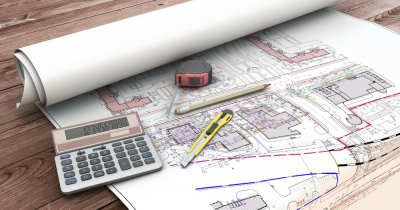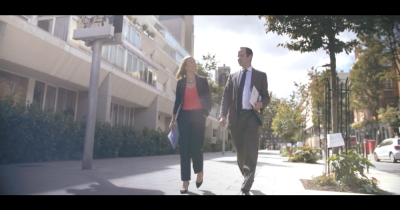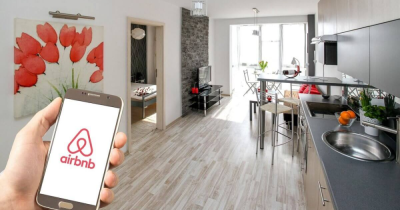With uncertainty in the property market and, quite frankly, the world, you, like many people, may have decided that you'll not move house just now. But you must've had reasons for thinking about moving in the first place, right? What if you need more space? what is involved in extending your home? Where do you even start?
You may have heard of the minimalism movement. You might have even watched the Netflix documentary. But for those of you that have no idea what it's about, read on for a general explanation.
The average seller spends years deliberating about selling their home. With all of that time spent researching, many sellers will already know which estate agent they will use when ready to market their home. So, how have they made this decision?
If you've ever been told that your landlord wants to sell your home, you'll know that sinking feeling in the pit of your stomach. So, if you've been making your house your home and getting things nicely settled, only to be told that your landlord wants to sell up, what should you do?
Greater London Properties discuss why, even with the recent changes, becoming a Central London Landlord is still an extremely lucrative venture.
A Warning for Landlords - Spring is here, and a clear sign that the pandemic is over or at least over in the eyes of the population is the return of the Airbnb market...
Being a landlord has many benefits but the stress cannot be denied and often managing tenants can be a minefield. There are various things that can go wrong but with a little knowledge and preparation you can minimise the risk of these occurring.
We all know that the cost of living is a hot topic right now. Household bills are going up day by day. Many people are struggling with the massive hike in energy prices, with most reporting a 50% increase on their monthly direct debit. Read these tips to see how you can cut back a little here and there to try and reduce huge monthly expenses?
You may have heard estate agents, or even on the news, saying it's a 'seller's market'. But what does that actually mean? How can you tell that it's a sellers' market? More importantly, how can this help you?
The number 1 reason that all landlords should be looking to grow their property investment portfolio
There are many different types of landlords. The INVESTORS who treat property investing as their full-time job are likely earning the most from their investments. So how can all landlords build a portfolio?
What makes people decide to move home? It's such a huge life decision to uproot the family, pack up all of your belongings and move to a different property. There needs to be a compelling reason to go through all of that upheaval, right?
Greater London Properties provide a monthly round up of the local sales market and what vendors can expect in the coming months..











